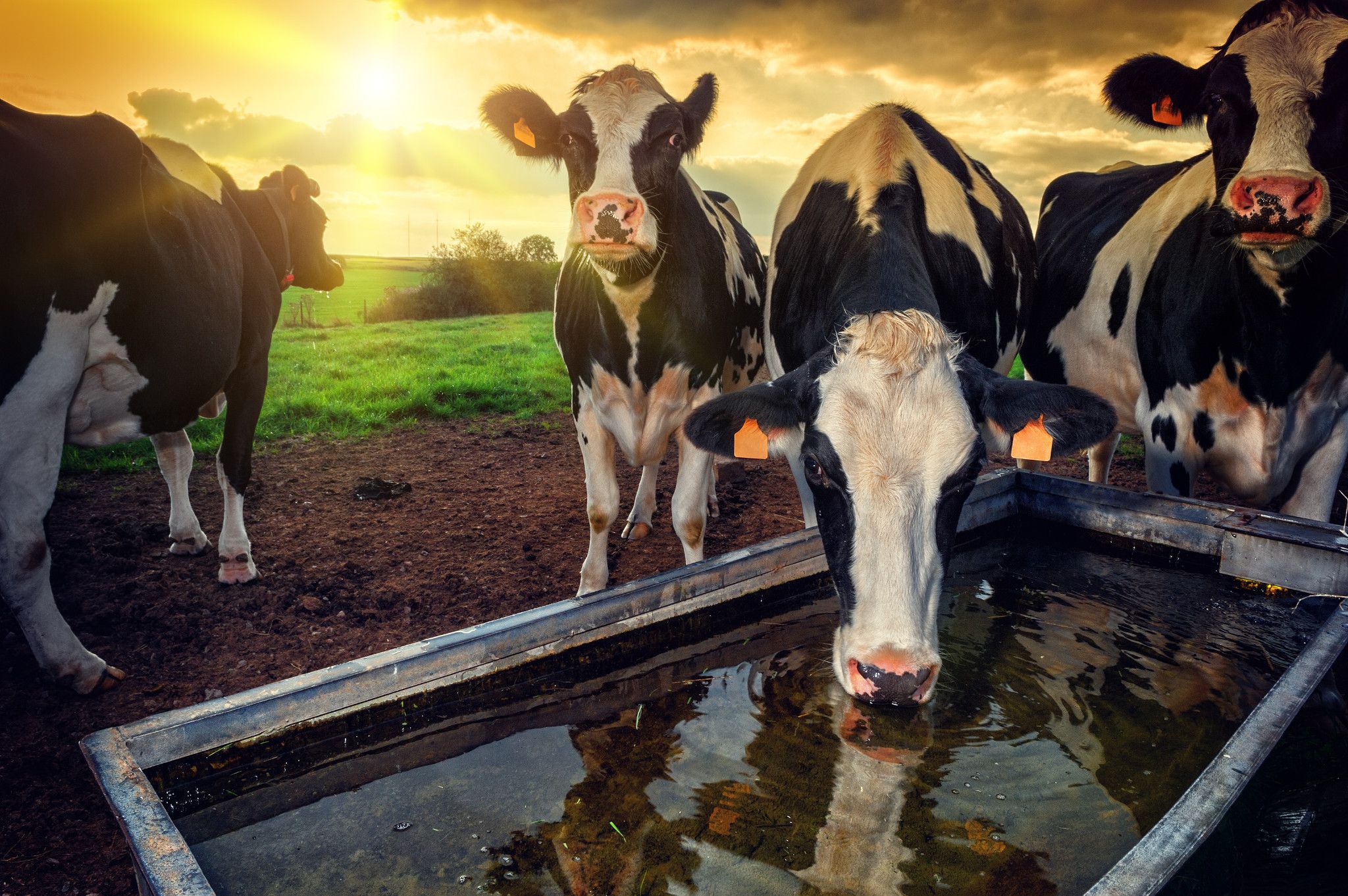Contact: DNR Office of Communications
DNRPress@wisconsin.gov
Wisconsin DNR, University of Wisconsin-Madison Division Of Extension And College Of Agriculture And Life Sciences Host Final Nitrate Webinar Sept. 16
 The Wisconsin DNR, University of Wisconsin-Madison Division of Extension and College of Agriculture and Life Sciences host final nitrate webinar of series Sept. 16.
Photo credit: iStock/Paul Grecaud
The Wisconsin DNR, University of Wisconsin-Madison Division of Extension and College of Agriculture and Life Sciences host final nitrate webinar of series Sept. 16.
Photo credit: iStock/Paul Grecaud
MADISON, Wis. – The Wisconsin Department of Natural Resources (DNR) will host the final online webinar session of a series focused on nitrate in Wisconsin on Sept. 16.
The final webinar is a discussion about preliminary assessment of economic impacts on Wisconsin farms of reducing nitrogen losses. The series touched on the science and economics around a number of workable approaches for farmers shown to minimize nitrogen losses to groundwater.
Presented by the Wisconsin DNR, University of Wisconsin-Madison Division of Extension and College of Agriculture and Life Sciences, the final 60-minute webinar will take place over the lunch hour with time provided for a Q&A session.
Groundwater pollution from human activities and natural sources occur across Wisconsin, which is particularly concerning for the 70% of Wisconsin residents who get their drinking water from groundwater.
Nitrate is Wisconsin’s most widespread groundwater contaminant, according to Wisconsin’s Groundwater Coordinating Council. Nitrate contamination of groundwater is increasing in extent and severity in the state.
Nearly 90% of nitrate in groundwater is due to agricultural activities, including manure spreading and fertilizer application. Other common sources of nitrate include septic systems and sewage treatment practices.
Nitrate dissolves easily in water and does not adsorb onto the soil. It can easily be carried into the groundwater by rainwater and melting snow as they make its way through the soil and bedrock into the underlying aquifer.
Nitrate impacts Wisconsin’s largest source of drinking water and is an economic loss to farmers. Initiatives completed by university researchers, government and the agriculture industry can help us understand the multiple tools – approaches and agricultural best practices – to reduce nitrogen loss from agriculture.
More information about nitrate in drinking water is available on the DNR website here.
Final Nitrate Webinar Sept. 16
Noon - 1 p.m. Sept. 16
Preliminary Assessment of Economic Impacts on Wisconsin Farms of Reducing Nitrogen Losses
Speakers:
Paul Mitchell, Professor of Agriculture and Applied Economics, UW-Madison
Ken Genskow, Professor of Environmental Planning and Policy, UW-Madison
Deana Knuteson, Nutrient and Pest Management Program, UW-Madison Horticulture
Jeremy Beach, Associate Director, Renk Agribusiness Institute
Understanding the Economics of Nitrogen Management and Next Steps
Speaker:
Chris Clayton, DNR Agricultural Runoff Section Chief
